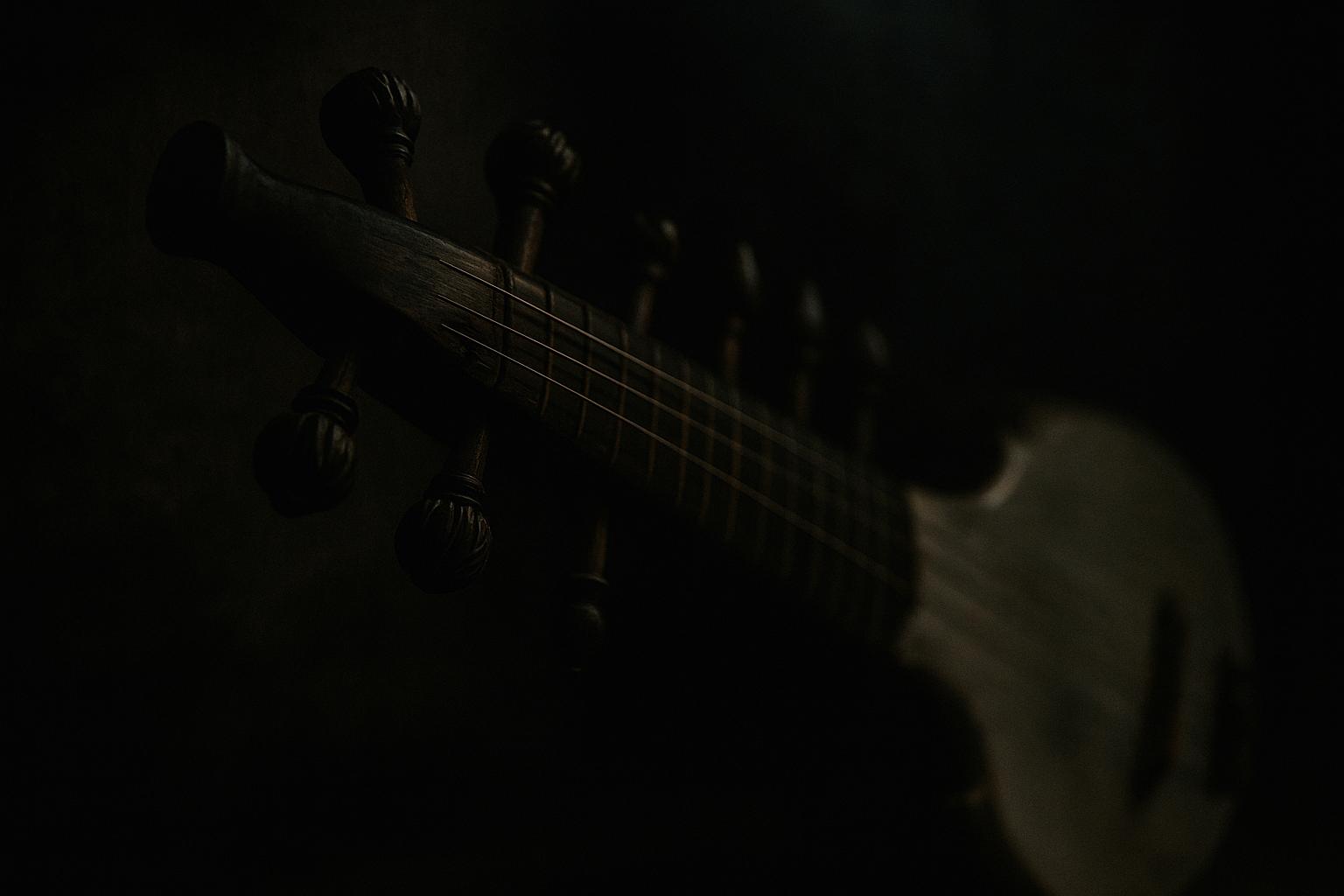The first comprehensive study into the South Asian experience in the UK music industry has highlighted persistent barriers that hinder the progress of South Asian artists and professionals. The landmark report, titled The South Asian Soundcheck, reveals that only 28% of South Asian music creators and industry professionals can rely on music as their full-time source of income. Conducted by Lila, a non-profit organisation dedicated to supporting South Asians in music, the survey gathered insights from 349 respondents, most of whom are established musicians or industry figures. While nearly three-quarters earn some income from music, the study underscores that only around a quarter are able to sustain themselves exclusively through it.
The research, backed by influential bodies including UK Music, the British Phonographic Industry (BPI), the Musicians' Union, Warner Music Group, the Music Managers Forum, Arts Council England, and PRS for Music, points to a critical challenge in representation. Two-thirds of survey participants noted a significant lack of South Asian professionals in key decision-making roles such as label executives, festival programmers, and streaming platform curators. This underrepresentation is seen as a major obstacle limiting career advancement for South Asian talent within the industry.
Further barriers include pervasive cultural stereotypes, family pressure to pursue more traditional or stable career paths, and personal experiences of racial discrimination. The report states that 45% of respondents face cultural stereotypes regarding the type of music they are “expected” to produce, 40% have encountered family scepticism about a music career's viability, and one in three have experienced direct racial discrimination in their professional journey. Despite nearly 70% acknowledging some improvement in South Asian representation in recent years, an almost equal proportion—68%—still feel invisible or poorly represented in the wider music industry, a gap the report calls “the progress paradox.”
Lila’s founder, Vikram Gudi, emphasised the importance of the findings, saying, “The data exposes what we call the progress paradox. While 73% of those surveyed earn some money from music, only 27% earn enough to rely on it as a sustainable career. The Soundcheck gives us the evidence to enact real change and identifies three essential needs: mentorship, representation, and investment.” The survey also reveals that many South Asian artists blend multiple genres and aim for global audiences rather than limiting themselves to South Asian communities. Yet, 71% of respondents feel the industry remains reluctant to embrace artists who do not fit traditional categories, and nearly half fear that focusing on South Asian music might restrict broader career opportunities.
The report was previewed at a high-profile industry event titled Future Unveiled, hosted by the BPI in partnership with Lila, Warner Music Group, and Elephant Music on 16th September 2025. The event united artists, industry experts, and trade bodies to discuss the findings and their implications for the future of the UK music industry. Reflecting on the event, Gudi remarked, “There was a sense of optimism in the room, with musicians, professionals, and industry leaders coming together for open and constructive conversations. We encourage the wider music industry to use this data and work collaboratively toward meaningful change.”
Indy Vidyalankara, a member of the UK Music Diversity Taskforce and the BPI Equity & Justice Advisory Group, commented on the report’s significance: “South Asian music is rich, vibrant and influential across the UK’s cultural ecosystem. We need South Asian representation at every level of the industry, alongside support and investment that reflect that influence. This report highlights what needs to change and provides the evidence to support it.”
Lila, established as a non-profit organisation to address the underrepresentation and lack of support for South Asians across the UK music scene, has been pioneering initiatives aimed at community development, access to funding, education, mentorship, and raising visibility in both creative and behind-the-scenes roles. The South Asian Soundcheck marks the UK’s first dedicated research project focused on South Asian music creators and professionals, filling a crucial gap in understanding and addressing these systemic barriers.
In a related milestone underscoring efforts to increase South Asian visibility, the 2024 Glastonbury Festival featured, for the first time, a stage dedicated entirely to South Asian artists—‘Arrivals.’ Partially funded by Lila, and organised by a South Asian-led team, the stage showcased an eclectic mix of genres including rap, hip-hop, house, desi, electronic, pop, garage, techno, and Bollywood. The initiative not only attracted around 10,000 attendees over the festival weekend but also gained substantial media attention, including a BBC mini-documentary. This significant step marked a turning point in festival representation for a demographic that constitutes approximately 8% of the UK population but has traditionally been underrepresented at major music festivals, where South Asians make up only 1-2% of audiences.
The introduction of the Arrivals stage was widely praised in the media. An opinion piece in The Guardian highlighted the persistent neglect South Asian artists face at most UK music festivals, describing Glastonbury’s move as a welcome and overdue recognition of South Asian talent and audiences. Such developments are seen as part of a broader push to create more inclusive and diverse spaces within the UK’s music ecosystem.
Looking ahead, there is a clear and urgent call for the UK music industry to not only recognise these challenges but to actively implement changes that enhance mentorship, increase representation in decision-making roles, and establish sustainable investment channels. The wealth and diversity of South Asian music talents already enrich the UK cultural landscape significantly, but real progress will depend on breaking down entrenched barriers and fostering an environment where artists and professionals from these communities can thrive on equal footing.
📌 Reference Map:
- Paragraph 1 – [1], [2], [4]
- Paragraph 2 – [1], [2], [4]
- Paragraph 3 – [1], [2]
- Paragraph 4 – [1], [2]
- Paragraph 5 – [1], [2]
- Paragraph 6 – [1], [2], [3], [4]
- Paragraph 7 – [6], [7]
- Paragraph 8 – [1], [2], [3], [6], [7]
Source: Noah Wire Services
